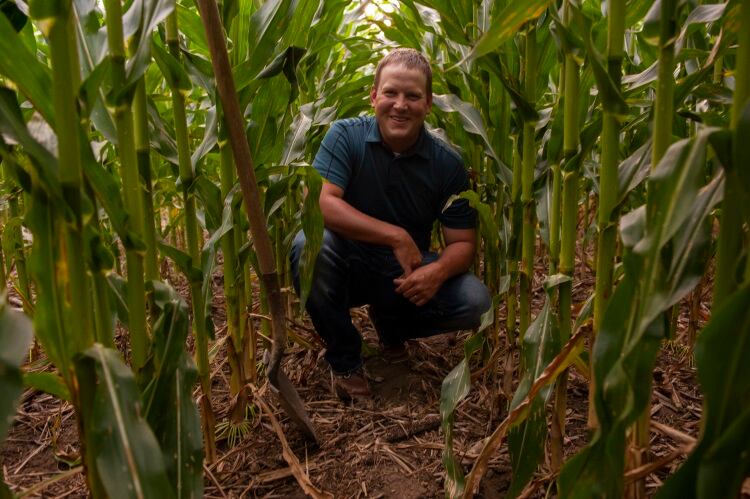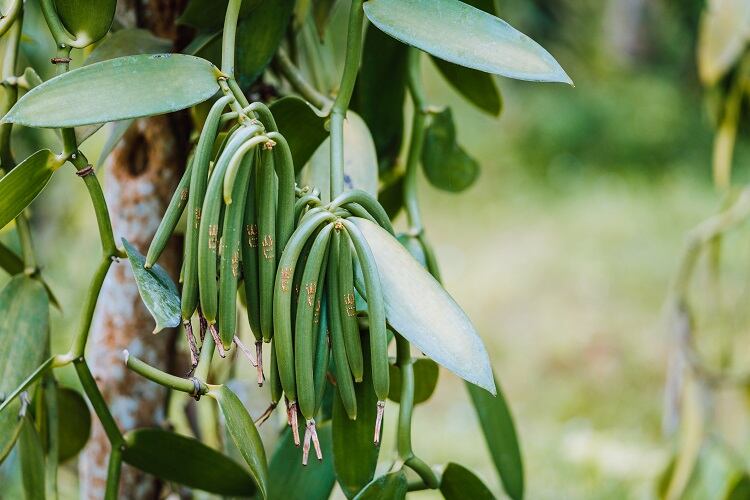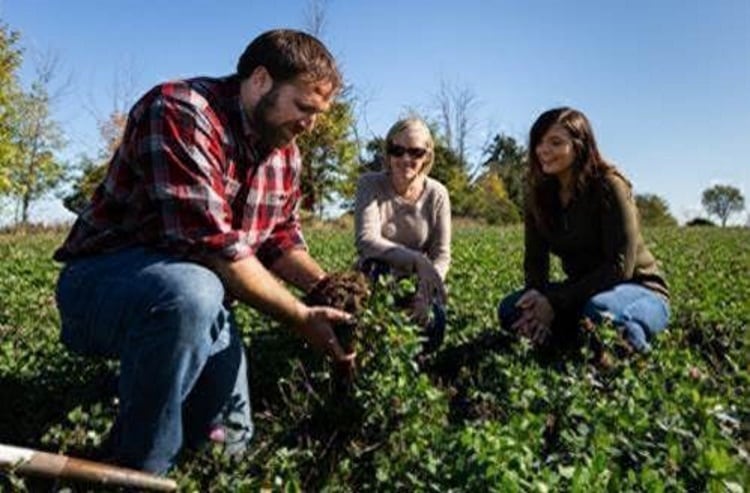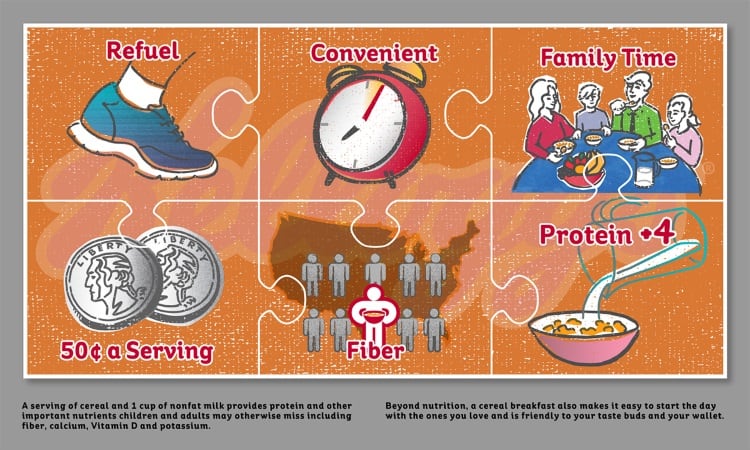S.T.A.R.’s aim is to adapt to climate change, limit erosion, improve water quality and reduce greenhouse gas emissions.
A grant funded by Kellogg – which is committed to support one million farmers by the end of 2030 – has created a network of over 200 S.T.A.R. farmers, representing more than 83,000 acres of Illinois farmland.
Flooding is the most damaging weather hazard within the state – with annual rainfall varying between 810mm (32”) in the north to over 1,200mm (48”) in the south – resulting in vital, nutrient-rich soil to erode into nearby waterways, inhibiting crop production and contributing to organic carbon loss.
A cover cropping implemented by S.T.A.R. farmers has prevented more than 5,440 tons of CO2e from entering the atmosphere – the equivalent of removing more than 13 million vehicle miles off of the road.
No-till farming and planting cover crops also suppress weed development – reducing the need for fertilizers – and help to keep nutrients like organic carbon in the soil.
“We are grateful for Kellogg’s collaboration and their support of S.T.A.R.,” said Megan Baskerville, Illinois ag program director at TNC.
“With this grant we can connect even more farmers, helping them to grow robust crops while protecting our water and creating fields that are more resilient to climate impacts.”
Farmer to farmer
One such farmer is Carter Morgan, who grows corn for Kellogg’s Frosted Flakes, Apple Jacks and Corn Pops cereals on his Georgetown farm. Morgan is also a peer network leader, training other farmers to adopt conservation practices.
“Farmers want to hear from farmers who have already experienced success,” he said.
“Through peer-to-peer training, we can get others to adopt new practices much quicker because the risk to trial has been removed.
Morgan added, “We had gullies and water collecting across parts of our land for some time, which prevented crops from being able to grow. Once we eliminated tillage and implemented cover crops, we got erosion under control, soil health improved and our herbicide use went way down.”
Mary Gallagher, responsible sourcing senior manager at Kellogg Company, said the company is passionate about investing in programmes that are proven to help farmers continue to be good stewards of the land.
“Our support of S.T.A.R. is one aspect of our larger Supporting U.S. Farmers collaboration with TNC to drive positive impact through conservation programs on 255,000 acres of land across Arkansas, Illinois, Michigan and Nebraska,” said Gallagher.





